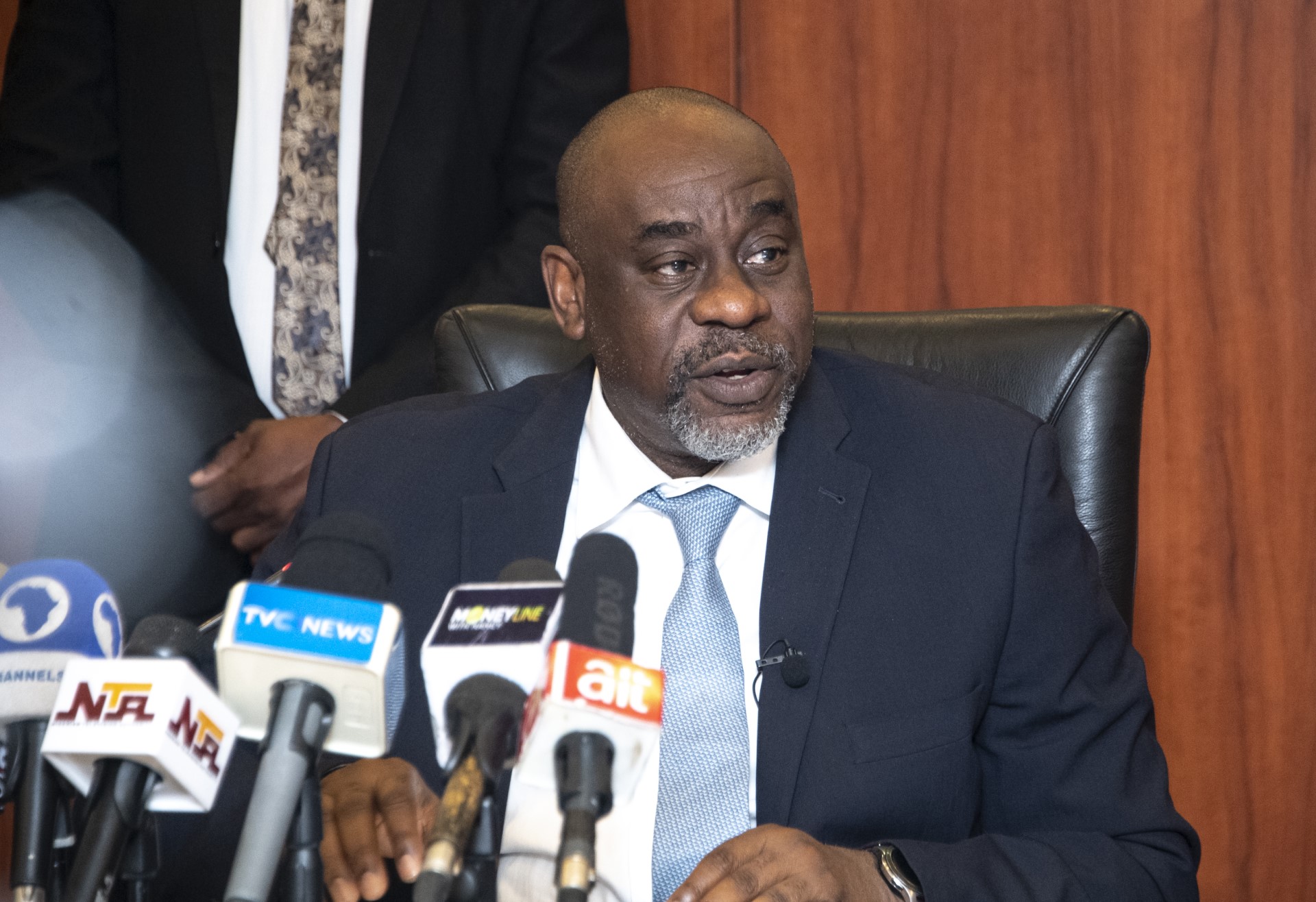The Nigerian Naira has continued to fall against the US Dollar, two months after the Central Bank of Nigeria (CBN) floated the currency.
The Naira traded at N950/$1 on Monday, August 14, 2023, a depreciation of more than 25% from its value of N750/$1 on June 14, 2023, when the CBN announced the floating of the currency.
The widening gap between the official exchange rate of N410/$1 and the parallel market rate of N950/$1 has made it difficult for businesses to import goods and services and has contributed to rising inflation.
Experts have blamed the depreciation of the Naira on a number of factors, including the ongoing probe of the CBN by a special investigator appointed by President Bola Ahmed, the indebtedness of the CBN to JP Morgan and Goldman Sachs, and the unregulated parallel market.
The president of the Association of Bureau De Change Operators of Nigeria (ABCON), Aminu Gwadabe, has said that the prevalence of unlicensed online platforms operating in different jurisdictions without standardized regulations capturing diaspora remittances and denying the official market is also contributing to the crisis.
Idakolo Gbolade, Chief Executive Officer of SD & D Capital Management, has said that the continued decline of the Naira can be attributed to the reduction in forex inflows into the economy, resulting in foreign currency scarcity.
He has also stated that major oil companies, establishments and commercial banks contributed significantly to the forex crisis by encouraging increased scarcity for their benefits and profitability.
The government has said that it is working to address the crisis, but it is unclear how effective these measures will be.
In the meantime, the depreciation of the Naira is having a negative impact on the Nigerian economy, and is making it difficult for businesses and individuals to cope with the rising cost of living.




















